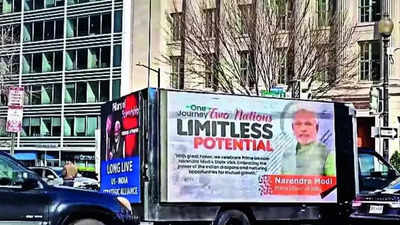NEW DELHI: The commerce department has included automobiles in its discussions with various ministries prior to negotiations for a potential bilateral trade agreement with the United States. This suggests that the government is collecting input regarding potential duty reductions for vehicles, including models from Harley-Davidson and Tesla.
According to sources, the commerce department is evaluating sectors where it could propose duty cuts following these consultations, with the automotive sector being a significant focus.
Meetings, led by commerce secretary Sunil Barthwal, are identifying India’s interests in requesting a reduction in U.S. import duties (offensive interests) and areas where India might need to offer concessions (defensive interests).
Ministries and departments have been instructed to gather industry feedback in order to make a well-rounded decision on the automotive sector.
Given recent comments by Trump and the introduction of tariffs as high as 25% on auto imports into the U.S., the automotive and motorcycle sectors are considered a defensive interest for India. This is particularly relevant as the U.S. aims to regain its competitive edge in the steel and automotive industries, which has been overtaken by China in recent years.
Trump has repeatedly cited high tariffs in India as an issue, stating that companies like Harley-Davidson and Tesla may have little option but to establish manufacturing facilities within India.
Despite the government’s prior reductions in import duties on Harley-Davidson and other motorcycles during the Budget session, and a decrease in the basic customs duty on cars to 70%, the total effective duty remains at 110% due to additional cess.
Trumps’s additional focus lies on facilitating access for American agricultural products, such as pecan nuts and fruits, while still holding a significant share of almonds and pistachios.
For India, areas such as textiles and footwear, along with certain agricultural products, will be prioritized for favorable terms, with non-tariff barriers likely to be key discussion points as both nations aim to increase trade from under $200 billion to $500 billion by 2030.




